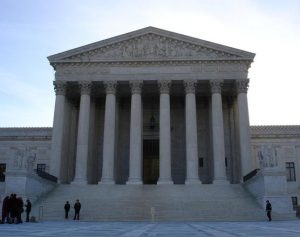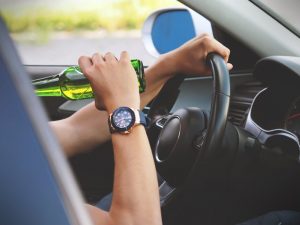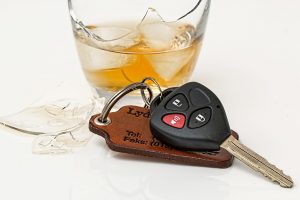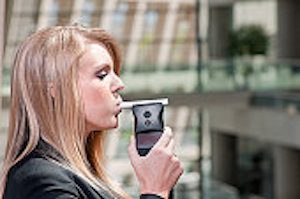 A little more than a year ago the United States Supreme Court decided a case that is having a significant effect on DUI cases around the country. In April, 2013, the Court decided the case of Missouri v. McNeely, 133 S.Ct. 1552, 185 L.Ed.2d 696 (2013). This post, and several posts to come, will look at McNeely and discuss its effect on DUI cases. This post will provide a background to that discussion.
A little more than a year ago the United States Supreme Court decided a case that is having a significant effect on DUI cases around the country. In April, 2013, the Court decided the case of Missouri v. McNeely, 133 S.Ct. 1552, 185 L.Ed.2d 696 (2013). This post, and several posts to come, will look at McNeely and discuss its effect on DUI cases. This post will provide a background to that discussion.
Police in the state of Missouri stopped Mr. McNeely because he was driving erratically. After field sobriety tests he was arrested for DUI. The officer took him to the station for a breath test. Mr. McNeely refused that test. The officer then took him to the hospital where he was given a blood test, despite his refusals. The officer did not obtain a warrant for the blood test. Mr. McNeely’s blood test result was over the legal limit.
Mr. McNeely’s lawyer filed a motion to suppress the blood test result. He argued in that motion that the police were required to get a warrant to draw Mr. McNeely’s blood, before they drew his blood. Because they did not obtain a warrant that blood draw violated the Fourth Amendment to the United States Constitution. Mr. McNeely’s lawyer asked the court to exclude the test because of that constitutional violation.
 Southern Maine Criminal Lawyer Blog
Southern Maine Criminal Lawyer Blog










 Much to my surprise the Maine Legislature voted overwhelmingly to reject extending the lookback for OUI’s from ten years to fifteen. In my
Much to my surprise the Maine Legislature voted overwhelmingly to reject extending the lookback for OUI’s from ten years to fifteen. In my  The State of Maine is debating whether to increase the look back time for
The State of Maine is debating whether to increase the look back time for 
 Wikipedia defines Radio Frequency Interference as:
Wikipedia defines Radio Frequency Interference as: For years I have advised clients that a single DUI will bar entry into Canada for ten years and two convictions will bar you for life. Starting March 1, 2012, some of that will change. Immigration Canada has bowed to pressure from the Canadian tourist industry and has modified Canada DUI rules. Those businesses were losing millions of dollars every year because customers were being turned back at the border.
For years I have advised clients that a single DUI will bar entry into Canada for ten years and two convictions will bar you for life. Starting March 1, 2012, some of that will change. Immigration Canada has bowed to pressure from the Canadian tourist industry and has modified Canada DUI rules. Those businesses were losing millions of dollars every year because customers were being turned back at the border. Many people I talk to think a DUI is something any lawyer can handle. As an experienced DUI specialist lawyer I can tell you that is not true. I have many hours of specialized training that most lawyers do not have. The following case is a good example of why a specialist is needed.
Many people I talk to think a DUI is something any lawyer can handle. As an experienced DUI specialist lawyer I can tell you that is not true. I have many hours of specialized training that most lawyers do not have. The following case is a good example of why a specialist is needed.